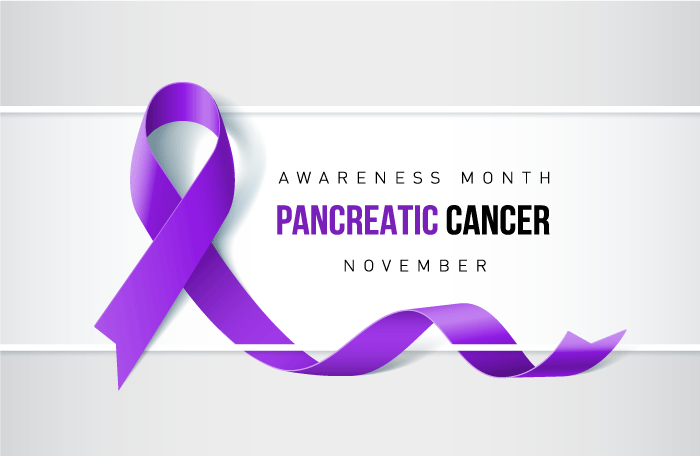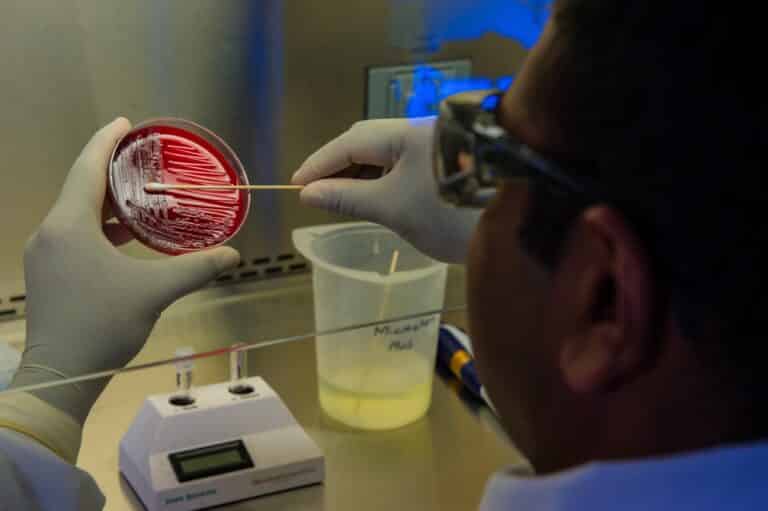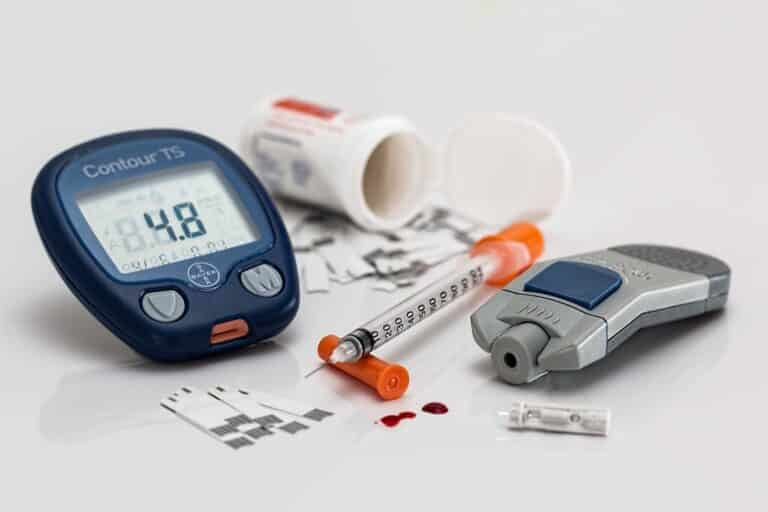Symptoms of Diabetes – How one can identify them?
Diabetes may cause excess sugar in the bloodstream and lead to serious health problems. Type 1 and type 2 diabetes are chronic conditions that cannot be reversed. However, prediabetes acts as a precursor to diabetes where the blood sugar is higher than normal. Although, not enough to be classified as diabetes. Visit the sugar treatment hospital to diagnose the type and severity of your condition as well as the symptoms of diabetes.
What are the signs of diabetes?
The signs of diabetes may vary from person to person, depending on how much glucose is present in the body. During the early stages, it may even go unnoticed. However, some of the signs and symptoms that may indicate diabetes are:
- Frequent urination: During diabetes, the sugar level in the blood increases. The kidney has to work harder to filter the sugar out of the blood. This may cause the urge to urinate more frequently, especially at night.
- Increased thirst: The constant filtering of the blood due to the sugar may cause it to lose additional water and dehydrate the body. This leads to the person feeling more thirsty over time.
- Slow healing of cuts and wounds: The high amount of sugar in the blood can damage the body’s nerve and blood vessels. This may impair blood circulation and slow down the healing of even minor cuts and wounds. The healing may take a few weeks and in the meantime, the chances of infection may also increase.
Additional Symptoms to Identify
- Feeling weak and fatigue: High amounts of glucose in the body can leave a person feeling tired as the sugar does not move efficiently from the bloodstream to the cells. This lowers the overall energy of the body, and the person may feel tired or fatigued.
- Constant tingling, numbness, or pain in the arms and legs: In Type 2 diabetes, high levels of sugar damages the body’s nerves and may impair blood circulation. This can lead to constant tingling, pain, or numbness in the arms, legs, or feet. This condition is known as neuropathy, and if not treated it may worsen over time in a person with diabetes.
- Blurry vision: Excess blood sugar in the body may also damage the blood vessels present in the eye. This may lead to the development of blurry vision in one or both eyes. If not treated, the damage may become severe, and eventually, the person may lose his vision.
The loss of vision or blurry vision in diabetes patients may also be sporadic which means it may come and go.
More Signs of Diabetes
- Constant feeling of hunger: In people with diabetes, the food they eat generally does not provide them with enough energy. It happens because the food is broken down in the digestive system and converted into a simple sugar called glucose. People with diabetes already have an excess of glucose in the body. However, the excess sugar does not move from the bloodstream into the body’s cells.
As a result, the body never receives the adequate amount of glucose required to function, and the person may feel constantly hungry, regardless of when and what they have eaten.
- Itching and yeast infections: Yeast infections are a type of fungal infection that occurs on moist, warm patches of skin like the mouth, between fingers, or armpits. The yeast present in the body requires sugar to feed itself and grow. In people with diabetes, the excess sugar may serve as food for the yeast and lead to yeast infection.
The area affected by yeast infection may feel very itchy. It may even burn, become red, or swell if not treated properly.
- Having dry and dark patches of skin: Diabetes may also increase the risk of developing acanthosis Nigricans, a skin condition in which people develop dark patches of skin around their necks, arms, or armpits. The skin may become dry or feel velvety and soft.
When should I see a doctor?
You should visit and endocrinologist or a diabetes hospital if you see any of the signs or symptoms mentioned above. Type 1 and Type 2 diabetes may develop at any age and hence, recognizing early signs and symptoms may allow a person to get diagnosed and treated as soon as possible.
If you are pregnant and notice any of the signs or symptoms, you may have gestational diabetes. It generally resolves itself once the baby is born. However, medications or treatment may be required in severe cases. Consult the best sugar specialist in Coimbatore for early diagnosis and treatment.
Conclusion
Several factors like age, weight, gender, genetics, etc. may put you at risk of developing diabetes. However, exercising regularly, consuming a healthy diet and weight loss may help prevent this condition.
If you feel you are at risk, you may get yourself tested at a diabetes hospital for early diagnosis and treatment. For further queries, you can also visit an endocrinologist or a sugar specialist doctor who will guide and clear your doubts related to diabetes.







